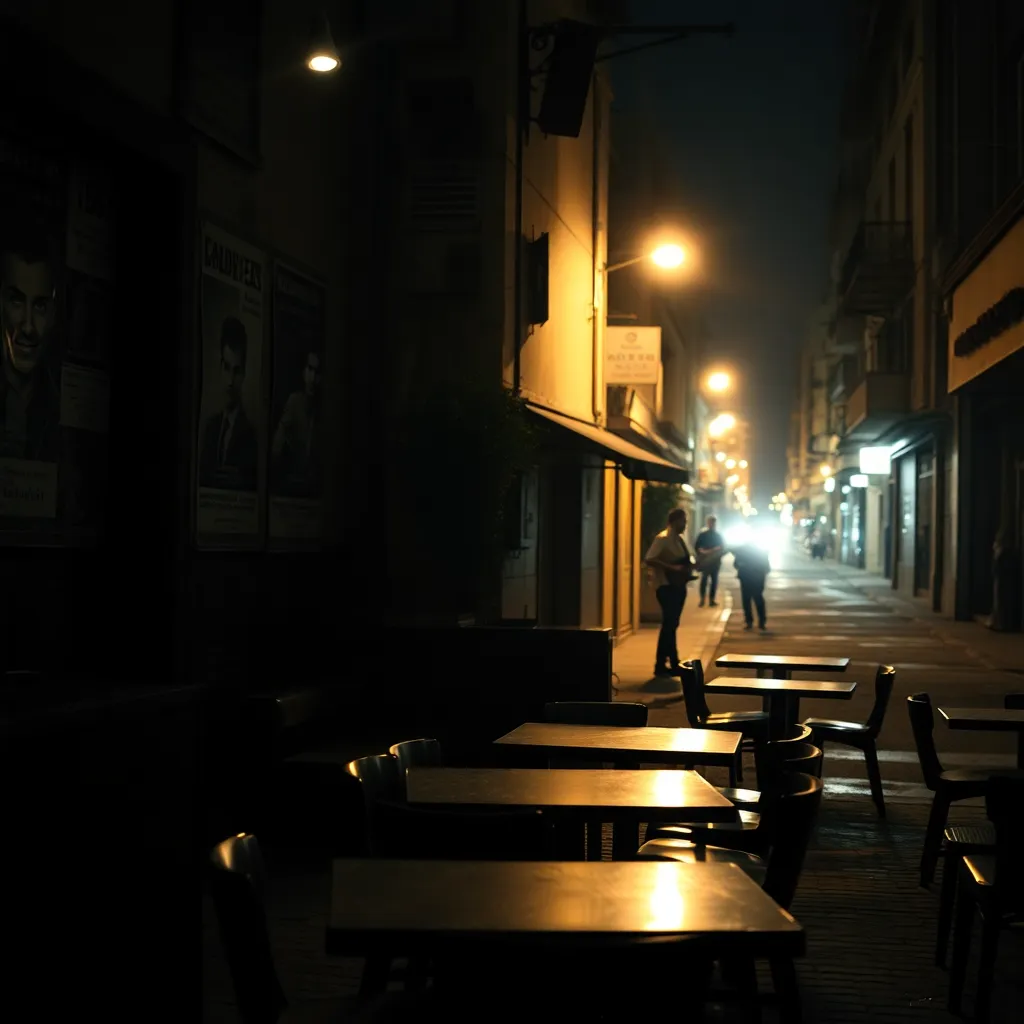The Silence of Beirut’s Nightlife
Beirut, Lebanon
In a city once renowned for its vibrant nightlife, where music echoed through the streets and laughter filled the air, a curious and somber hush has taken over. Residents of Beirut are now grappling with a new reality: a nightlife stripped of its rhythm, where bars sit eerily quiet, and the sounds of music and dancing have been replaced by an unsettling silence.
Fear and Displacement: The New Normal
The streets of downtown Beirut tell a tale of fear and displacement. Once bustling with energy, the bars are now filled with displaced people, seeking refuge from the chaos that has enveloped the nation. Patrons who once reveled in the city’s nightlife now find themselves standing shoulder to shoulder, not in celebration, but in solidarity against an uncertain future.
“I never imagined a day would come when I would walk into my favorite bar and hear nothing but silence,” says Leila, a long-time resident and former nightlife enthusiast. “The only music now is the sound of people talking about what they’ve lost, not what they want to celebrate.”
The Bar Scene: A Ghost Town
Bar owners are struggling to adapt to this new landscape. Many have closed their doors, while those who remain open are trying to offer a semblance of normalcy amidst the chaos.
Mohammad, the owner of a popular bar in Mar Mikhael, shares his plight:
“We used to host live music every weekend. Now, I can’t even afford to hire a DJ. People are too scared to come out, and those who do are here more out of necessity than desire. It’s like serving coffee in a graveyard.”
The Economic Strain
The economic strain is palpable. The chancellor’s recent proposals to tweak government borrowing rules to free up more cash may be too little too late for many business owners. The boss of the UK’s biggest lender recently stated that mortgage costs are unlikely to fall to the levels seen in the past decade, leaving many Beirut citizens wondering how they will afford to keep their homes amid rising costs and stagnant wages.
Ali, a local musician, laments the loss of opportunity:
“I used to perform in front of packed houses, and now I play for an audience of one—my cat. I’ve applied for grants and loans, but it feels like shouting into the void. No one is listening, and it seems like the government only cares about its own survival.”
A Glimpse of Hope
Despite the bleak atmosphere, some are finding ways to adapt. The community is rallying together, organizing small gatherings in homes to support local artists and keep the spirit of Beirut alive.
Fatima, an organizer of these impromptu events, explains:
“We’re not going to let fear take away our culture. We may not have bars to go to, but we can still celebrate our music and our stories in our own way. It’s about survival, and we’re determined to keep our identity alive, even if it’s in the shadows.”
The Future of Beirut’s Nightlife
As the sun sets over the Mediterranean, casting a golden hue over the empty streets, the future of Beirut’s nightlife remains uncertain. Will the laughter and music return, or will they forever be lost in the echoes of fear?
While the nightlife may be dimmed, the spirit of the people continues to blaze brightly. As they navigate through this challenging time, one thing is certain: Beirut’s heart still beats, even if it’s in a minor key.
Conclusion
The resilience of Beirut’s citizens shines through the darkness of their current circumstances. While the bars may be quieter than ever, the determination of the people to reclaim their culture and community remains strong. Whether through intimate gatherings or the hope of a future where music fills the air once more, the story of Beirut is far from over. The city will rise again, and when it does, the sounds of laughter and music will once again echo through its streets.
